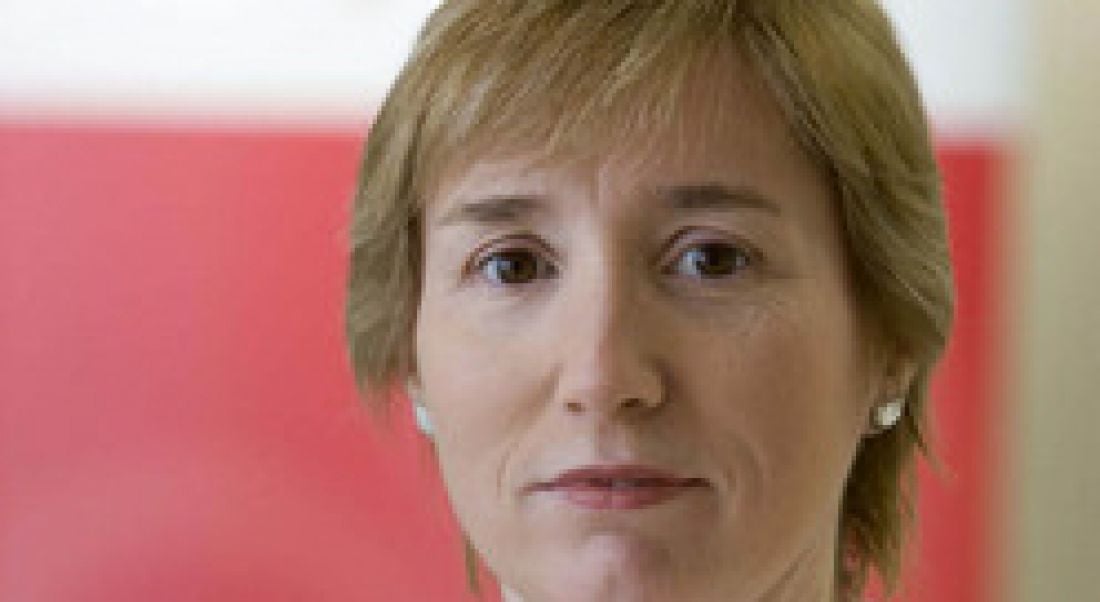Three-quarters of Irish ICT employers say they have vacancies in their companies. More than 50pc of these have more than 20 jobs available in their firms, the chair of ICT Ireland and CEO of Fujitsu Ireland, Regina Moran, told an education forum today.
Moran told the Intel Open Forum on Education that the future direction of education in Ireland will have a huge influence on the continuing growth of the ICT sector in Ireland. IT employment in Ireland was up 6pc year-on-year, at a time when high unemployment is of high concern.
“The ICT industry in Ireland has 74,000 people employed with a further 200,000 supporting the sector, representing huge value to the country.
“But 75pc have vacancies and more than 50pc have at least 20 vacancies.”
Moran said it was a huge problem for the industry in that the skills shortage means firms are competing against one another for suitably qualified graduates.
Quality of maths teaching in Irish schools
At the heart of the issue, says Moran, is the quality of maths and science education in Irish schools.
“A survey we conducted recently of teachers found that among maths educators, 48pc of respondents don’t have a qualification in maths.”
She said that supporting quality teaching of maths in the secondary cycle is vital and emphasis needs to be placed on ensuring greater competence and qualifications for the teaching of the subject in schools.
She went on to point out that foreign languages is another issue the Irish education system needs to deal with.
“Proficiency in foreign languages are crucial for Irish companies and even more essential for multinationals. They need to deal with the globalised customers they support.”
Moran said that the subject of ICT in the classroom needs to be addressed as should the growing concern over Ireland’s performance in the PISA rankings in terms of maths, science and literacy.
“At third level, stronger links with industry is vital and industry is more than willing to participate in initiatives.
“From a personal perspective, I believe science has to be mandatory for junior cycle students. My daughter’s two friends were not choosing science because they didn’t have to.
“I think it’s wrong that they could decide at such an early stage not to try science,” Moran said.




